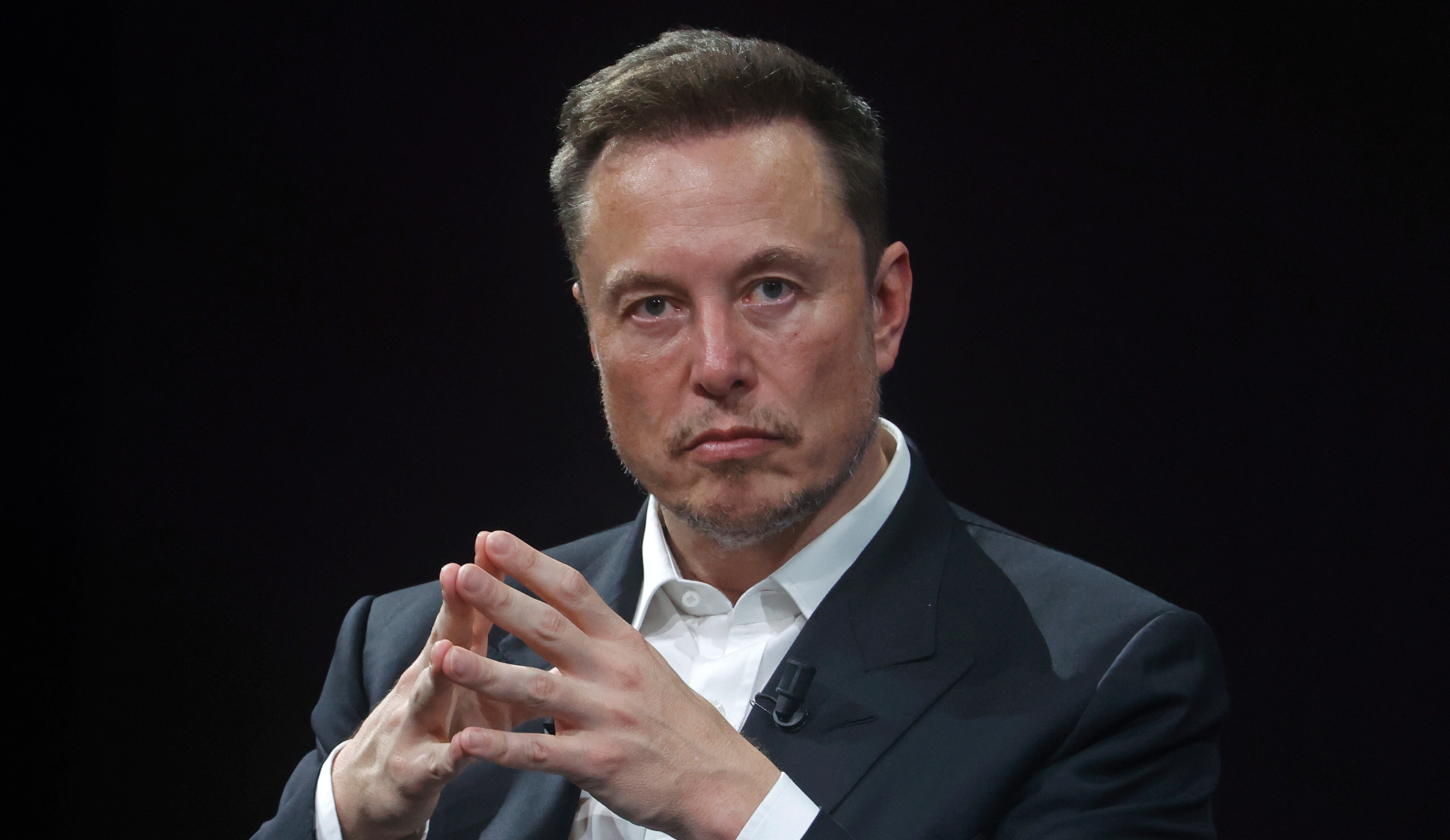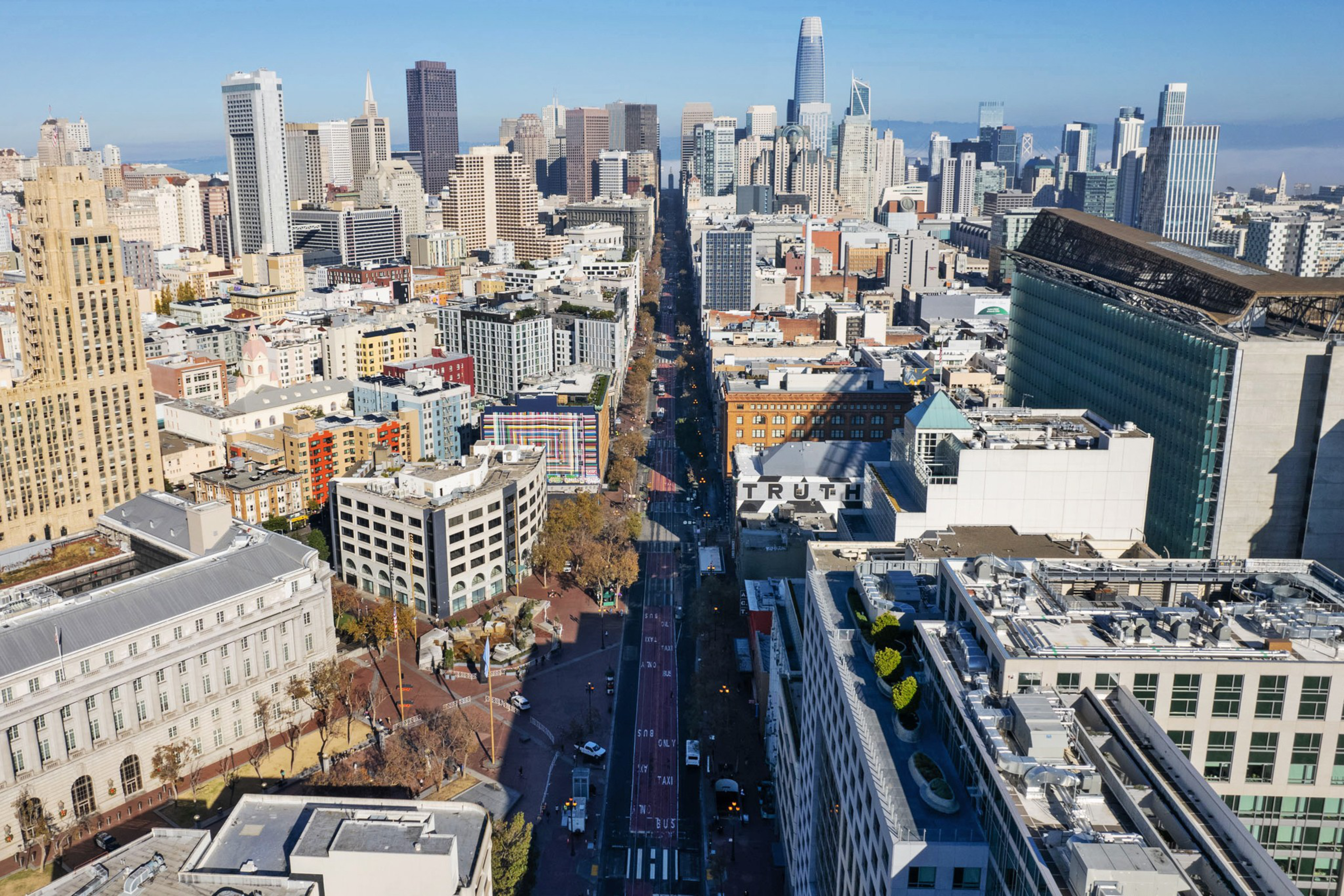It is officially the end of an era for Mid-Market. Thirteen years after the city carved out a special tax break to attract tech companies to its beleaguered downtown corridor, X has confirmed plans to shut its San Francisco headquarters.
In an internal email reviewed by The Standard, CEO Linda Yaccarino announced Monday that X will close the offices “over the next few weeks” and will relocate San Francisco-based employees to the South Bay.
Once the move is complete, X’s engineering workers will share an office in Palo Alto with xAI, another company owned by Elon Musk, while the remaining employees will be routed to existing offices in Santana Row, San Jose’s popular residential, retail and business thoroughfare. The New York Times first reported (opens in new tab) the news.
Yaccarino said in the email titled “SF Office Closure” that the company “is actively working on plans, including transportation options, for those directly impacted” but did not say if X will provide shuttle services or commuter benefits.

“This is an important decision that impacts many of you, but it is the right one for our company in the long term,” Yaccarino said.
X did not respond to a request for comment.
When the company was acquired by Musk in late 2022, the mercurial tech mogul immediately called all local employees back into the office full time. Sources inside the company, who do not have permission to speak to the media, confirmed that more than half the space at X’s headquarters, located at 1355 Market St., is vacant or unused after multiple rounds of layoffs.
Last month, the company began marketing the offices for sublease. Shortly thereafter, Musk took to the social media platform to announce that X would relocate to Austin, Texas, due to his fury over a California transgender protection law. Yaccarino’s email made no mention of that move.
Altogether, X is on the hook for roughly 800,000 square feet of office space at the near-century-old Art Deco building in Mid-Market, with deals that expire in 2026 and 2028.

In 2011, the city said (opens in new tab) it would pause its 1.5% payroll tax for companies that moved into the area for up to six years. Companies would have to pay only their first year’s payroll tax, and if headcount swelled later, the tax amount would stay the same. City officials hoped the policy — and Twitter’s arrival — would make the area more attractive to other businesses. And to some extent, it did.
Certain buildings in the area, such as 1455 Market St., were not eligible for the tax break but still attracted tech companies that opted to cluster around other fast-growing startups. Among the businesses that took the tax break, in addition to Twitter, were the dating app Zoosk, the home decor site One Kings Lane and David Sacks’ Yammer (opens in new tab).
Twitter — which at the time was threatening to move to Brisbane — became the face and symbol of this incentive to attract companies and construction to the neighborhood.
A city report (opens in new tab) assessing the impact of the tax break, published in 2014, three years after it took effect, said it was likely “the primary reason for the relatively greater growth of businesses” in that area. In 2013, 15 businesses benefited from the tax break, saving a collective $4.2 million, according to the report. The report estimated that the city raked in $7.1 million more in payroll tax from the area than it would have otherwise, painting the policy as a victory.
However, since the 2019 expiration of the tax breaks and the wide shift to remote work, that exuberance appears firmly in the rearview mirror.
X’s latest announcement is yet another nail in the coffin.

